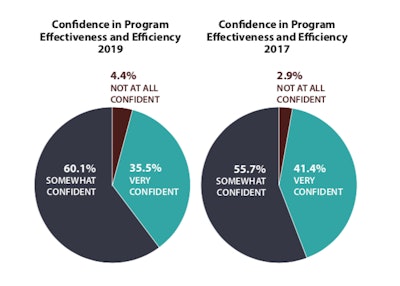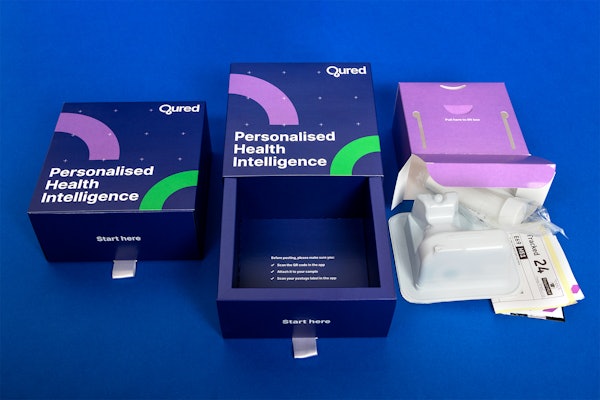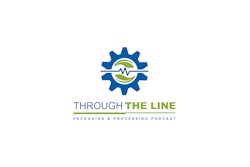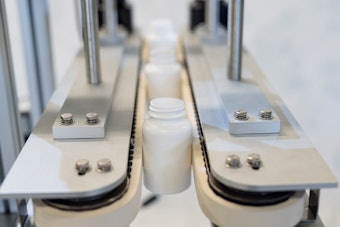
A research study commissioned by Invistics, provider of cloud-based software systems for inventory visibility and analytics across healthcare systems and global supply chains, found that 40% of hospitals lack formal drug diversion programs.
Conducted by Porter Research, the results reveal an array of traceability and diversion problems in U.S. healthcare. Despite the fact that nearly all healthcare professionals surveyed agree that drug diversion is occurring across the country, almost half of those professionals still don’t have drug diversion detection programs.
“Drug diversion” includes drug-seeking behaviors, corrupt prescribing practices and the theft of drugs by healthcare workers. The study, which surveyed 235 healthcare professionals, says that nearly all respondents believe that drug diversion negatively impacts quality of care, adversely impacts patient safety and jeopardizes compliance, putting their organizations at risk. At the same time, almost two-thirds say they are only “somewhat confident” in the effectiveness of their organization's drug diversion program.
Cynthia Porter, CEO of Porter Research, noted that diversion is a “tricky issue” in the industry. “In comparing this year’s survey with the survey results from two years ago, we hoped to find that more progress was being made toward early detection and prevention. Unfortunately, that was not that case… Too much has stayed the same,” she said. “Of those with diversion programs, many are still not highly confident in the efficacy and efficiency of their programs.”





















